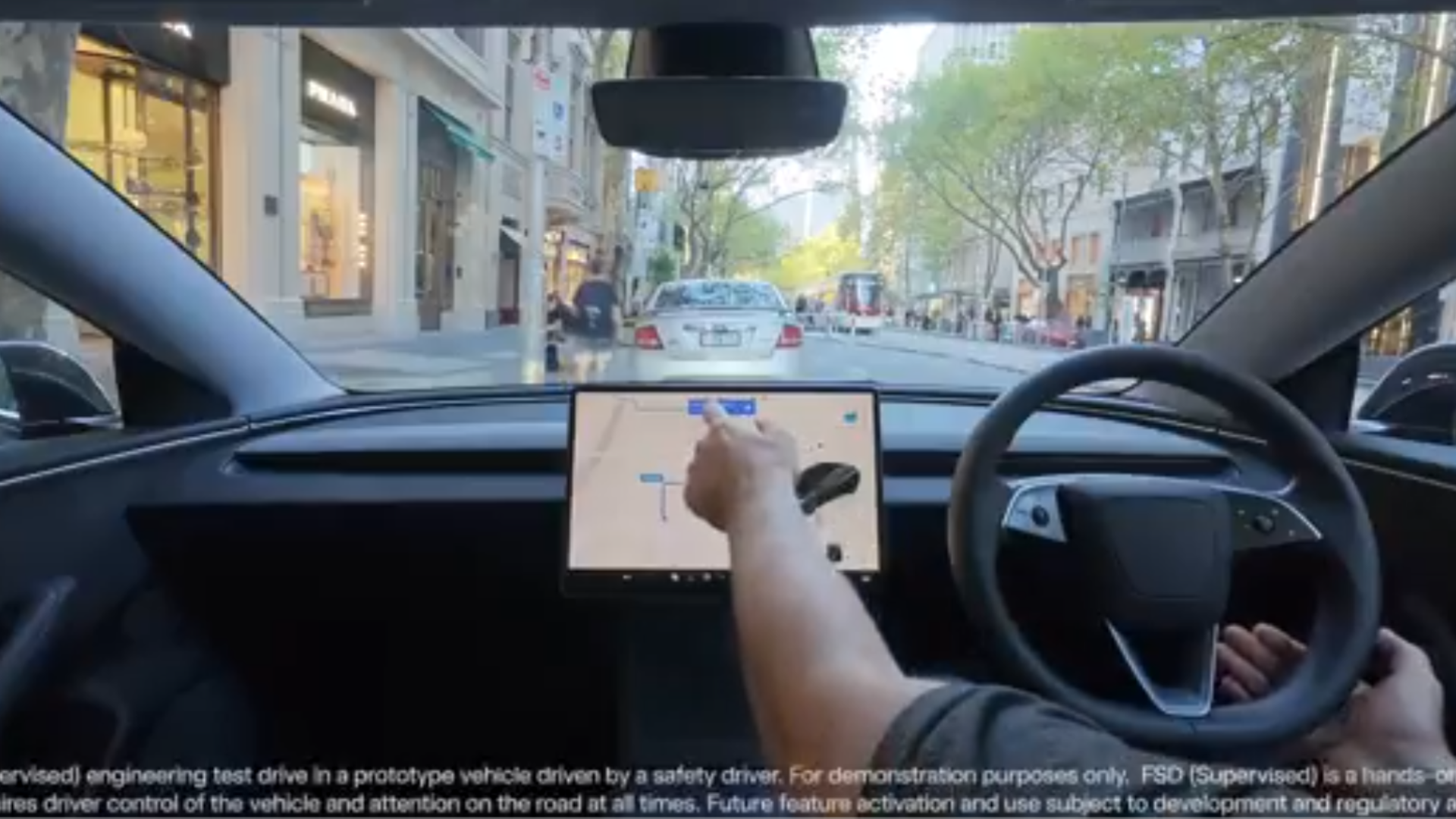Tesla faces major class action over phantom braking - what it means for car owners in the Philippines

Tesla’s rapid rise in the automotive world has been remarkable, but as with any major player, the company is now facing challenges that could shake its dominant position. In Australia, thousands of Tesla owners have initiated a class action lawsuit, with the core issue being the phenomenon of "phantom braking" in Tesla’s Autopilot driver-assist feature. The lawsuit specifically targets Model 3 and Model Y vehicles manufactured from 2021.
Understanding the "Phantom Braking" Issue
Phantom braking refers to instances when a vehicle unexpectedly applies the brakes with no apparent reason. Imagine driving smoothly, only for your car to slam on the brakes suddenly, even when no obstacles are in sight. For many Tesla owners, this has become a concerning reality. Reports show that vehicles have braked abruptly at high speeds in clear conditions, causing near-collisions and leaving drivers in fear. Even more puzzling, these events have occurred while drivers are fully alert, which contradicts the safety and reliability promises made by Autopilot.
Tesla owners are claiming that the company has been aware of this defect but has failed to offer an effective fix. This has led to accusations of a breach of Australia’s consumer protection laws, with plaintiffs arguing that the affected vehicles are "not fit for purpose."
Class Action Dynamics and Implications
The lawsuit, which affects vehicles purchased or leased between May 2021 and February 2025, is not just a complaint. The plaintiffs are seeking compensation for several issues, including higher electricity costs, lost time, and decreased trade-in values of their cars. As the case progresses, the trial may even reveal Tesla's internal decision-making processes regarding Autopilot, potentially shedding light on how the company designs and updates its automated systems.
Tesla is already dealing with declining sales and facing growing competition from Chinese EV makers. On top of that, investor concerns over Elon Musk’s controversial public statements have added to the company’s challenges. This lawsuit could add fuel to the fire, escalating Tesla’s ongoing struggles.
Impacts on Tesla’s Future and the Philippine Automotive Market
If the plaintiffs succeed in their lawsuit, it could set a major legal precedent for software-driven automotive systems, forcing manufacturers to be more accountable for the safety and reliability of their technology. The implications of this case could extend beyond Tesla, influencing policies and regulations within the global automotive industry and even affecting the development of autonomous driving in the Philippines.
For Tesla owners and potential buyers in the Philippines, this case serves as a valuable lesson. It’s especially relevant for those thinking about selling their car or buying a used one, as they may now question the reliability of automated systems versus traditional vehicles.
For sellers, transparency about vehicle features and potential issues, like the Autopilot’s performance, is essential. Buyers should also be more cautious, ensuring they fully understand what’s under the hood—both in terms of hardware and software.
Ready to Start Your Journey?
Whether you’re selling your car or looking for the best deals on insurance, we’re here to guide you through the process.
As the class action lawsuit unfolds in Australia, it brings attention to a significant issue in the automotive industry, making it a crucial moment for both current and future Tesla owners, as well as anyone in the market for a new or used car in the Philippines.